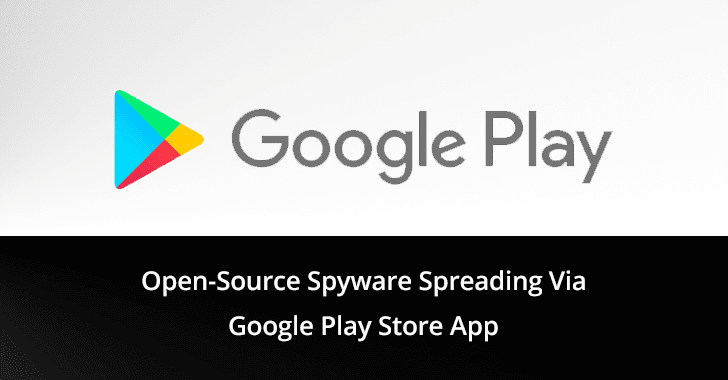Researchers discovered an open-source spyware AhMyth associated with Google play store app called RB Music to intrude the Android users device to steal various sensitive information.
RB Music also know as Radio Balouch, a malicious streaming radio based Android app appeared in Google play store borrowed malicious features and functionality from AhMyth to infect the Android users in wide.

AhMyth, an open-source espionage tool developed to infect with the Android devices with the help of Android apps that implant to the targeted devices and opens a backdoor to spy the victim activities and steal the data.
A desktop application based on electron framework act as a command and control server operating by the attackers to send further commands and obtain the information.
There are several apps were used this AhMyth spyware since 2017, But Radio Balouch is a first app that officially appeared in Google play store.
AhMyth advertising selling in Chinese- and English-speaking underground forum that focuses more on Android devices.
Lukas Stefanko, ESET researcher said through a blog post, “besides Google Play, the malware, detected by ESET as Android/Spy.Agent.AOX has been available on alternative app stores. Additionally, it has been promoted on a dedicated website, via Instagram, and YouTube.”
Spyware Infection Process
Attacker integrates the radio functionality with the functionality of AhMyth and, implemented with the Radio Balouch app which appears with full functionality including playing a stream of Balouchi music.
In the background, AhMyth’s malicious functionality has enabled and collecting the various devices information, steal the steal contacts, harvest files stored on the device and, send SMS messages.
There are several variants are discovered based on the AhMyth but those variants functionalities are different.
Once the app will be launched, users required to choose the desired languages, soon after the app will start requesting permissions.
Radio Balouch first request the permission for accessing the device files which is the default request for every music app and if its declined then the app will not be work. Next, the app will request permission to access the contact.
Acccording to ESET, After the setup, the app opens its home screen with music options, and offers the option to register and login. However, any “registering” is meaningless as any input will bring the user into the “logined” state, in the operators’ poor English. Probably, this step has been added to lure credentials from the victims and try to break into other services using the obtained passwords – a reminder to never reuse passwords across services.
Later the app will establish the Command and Control server to transmit the stolen credentials, victims’ contacts lists and other details via unencrypted HTTP connection.









